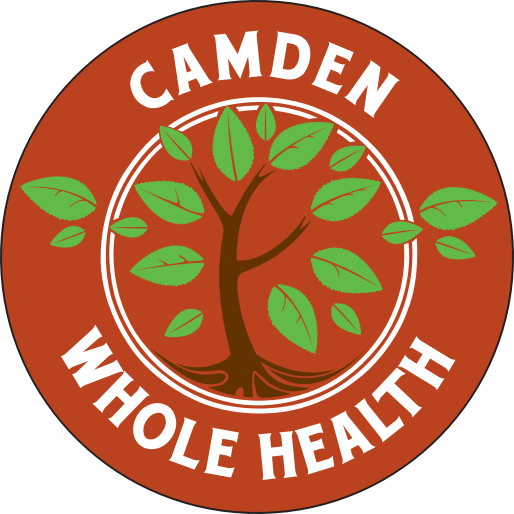Botanical Medicine
Plants have been used as medicine for thousands of years. Botanical medicine (also known as herbal medicine or herbalism), when used properly, is a safe and effective approach to correcting imbalances and treating disease. Many modern pharmaceuticals are derived from plant constituents; however, increasing evidence shows that whole-plant or crude extractions may provide some of the same health benefits with fewer side effects and risk of toxicity. Herbs can be prepared and administered in several forms, including:
- Tinctures – alcohol or glycerin extractions of herbs
- Teas – dried herbs to be infused in hot water
- Decoctions – boiled preparations of herbs. Decoctions are used for plants that require more time and heat for extraction of a medicinal dose such as mushrooms, roots, seeds and bark
- Capsules – some herbal preparations may be powdered, dried and encapsulated
- Powders – ground herbs that are not encapsulated
- Tablets or Pearls – pressed herbs that are taken orally
- Salves – thick ointments used topically to treat conditions such as rashes, burns and cuts to decrease healing time and scarring
There are several other ways in which herbal medicines may be administered, however the above preparations are some of the most commonly prescribed. Naturopathic doctors and herbalists are trained to select safe and effective combinations of herbs that come from high quality sources.
Botanical Medicine Practitioner(s):
Aromatherapy
Aromatherapy is the therapeutic use, by inhalation or topical application, of aromatic compounds found in many medicinal plants. They may be used for physical, emotional or spiritual health.
Essential oils are the mainstay of Aromatherapy, and are described scientifically as volatile oils. These “oils” which are different than the fatty oils we use for culinary purposes, like olive oil, nut or seed oils, are the concentrated scents found in many plants. In the plant these compounds may be employed for pest repulsion or pollinator attraction. They are generally extracted by steam distillation. Other processes – cold pressing, CO2 extraction, solvent extraction and fat extraction might be chosen based on the final intended use. Different plant parts may be the primary source of an essential oil. Plants store their aromatic compounds in flowers, leaves, wood, roots, resins and seeds. Some plants offer us different essential oils, depending on which part of the plant is used. How an Aromatherapist chooses which essential oils to offer a client for a desired outcome is based on many factors, including but not limited to, aroma, chemistry, application method and personal information from the client.
Aromatherapy Practitioner(s):
Chinese Herbal Medicine
Chinese Herbal Medicine is part of the system of Chinese medicine that includes Acupuncture. Herbs are prescribed to restore harmony, resolve disease states and increase vitality. Many modern illness can be effectively treated with Chinese Herbal Medicine.
Chinese Herbal Medicine Practitioner(s):
Western Herbal Medicine
Western herbal medicine is the use of herbs as medicine as practiced for centuries by western cultures. Many of our current pharmaceutical medications were originally derived from herbal medicines, such as aspirin (white willow bark) and Digitalis (Foxglove).
Western Herbal Medicine Practitioner(s):
ASSOCIATIONS






